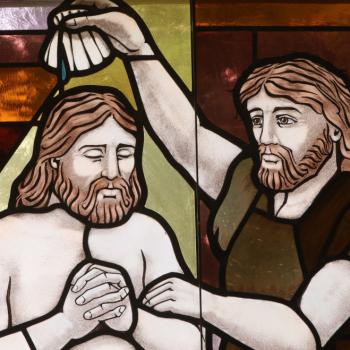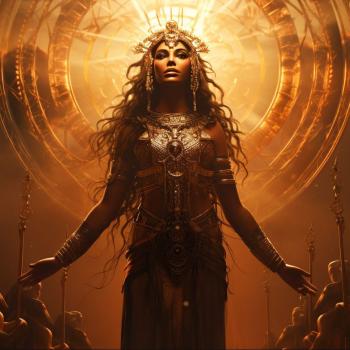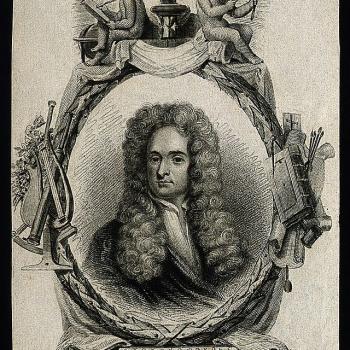Some critics believe that certain types of dialogue can even be harmful. George Bisharat, a Palestinian Christian and prominent advocate for Palestinian rights, said dialogue groups that help enhance understanding among people of different faiths might be helpful; however, he thinks such efforts to resolve the Israeli-Palestinian conflict are detrimental in the context of war and occupation. He compared the dynamic within Israeli-Palestinian dialogue groups with that of rape victims conversing with their rapists or robbery victims dialoging with thieves who stole from them.
"People who are being bombed don't want to dialogue with the bombers," he said.
Many other people are not opposed to interfaith discussion, but they consider it to be a waste of time. Gustav Niebuhr, an interfaith dialogue advocate who is a Syracuse University professor, former New York Times religion reporter, and author of the book Beyond Tolerance: Searching for Interfaith Understanding in America, has noted that the stereotype of interfaith dialogue often involves sitting in a circle, singing "Kum Ba Yah."Ironically, he says people within the interfaith community do not use that term, which literally is a request for the Lord to "Come By Here."
Niebuhr has heard people claim that those who engage in interfaith dialogue are often the same people who tend to be more open to other faiths anyway, but he said those people also have friends and family who don't necessarily see the world the same way they do. Their involvement in such groups can have a ripple effect, he said.
"I don't think it's just talk," Niebuhr said. "I think it serves a purpose."
Dialogue proponents list a host of reasons for inter-religious conversation. Those include doing away with stereotypes and sometimes even getting a better grasp of one's own beliefs as they compare them with others. Dialogue allows for people to form relationships and to strengthen community ties among people of different faiths.
In countries where political violence is commonplace, Loskota notes that it is often revolutionary for people from different sides of a conflict to meet together to converse.While she says criticism should not be brushed aside, she theorizes that some people deride dialogue groups because they are afraid to participate in them. People may be intimidated by the process because they are conflict-averse or in some cases may want to avoid certain groups that have a "touchy-feely" approach, she said.
Still, she believes that even groups that engage in softer forms of dialogue, such as a group of Muslim and Jewish women in Georgia that gathers together to bake family recipes, serve a purpose.
"If that group makes someone more learned and more committed to a world that embraces pluralism, that's great."
Differing approaches
Interfaith dialogue can appear threatening to some believers, who fear it leads participants to compromise their convictions. Yet several people who take part in such discussions say it can cause them to grow stronger in their faith by helping them to better define it.
Judith Rivin, who regularly meets with a group of Muslim and Jewish women called the West Los Angeles Cousins Club, said her involvement has encouraged her to think deeply about her religious experiences and to describe them in ways that she normally doesn't with fellow Jews.
"Listening to others describe their experiences and having others listen to me has deepened my faith because it's helped me to discern what's really true for me - what nurtures my soul," she said.
Others say that traditional religious practices can change in a multi-faith setting, even if that is not the intention. Roger Eaton, a Culver City resident who has coordinated online dialogue sessions between Jews and Muslims through special software that he has created, said he has attended events in which people of various creeds pray together while avoiding specific terms about God. At times, participants verge on creating a homogenous faith to avoid offending each other, although Eaton added that most interfaith participants "don't want to go down that road."
 At the other end of the spectrum is a form of hyper-pluralism. Noor-Malika Chishti, a Muslim from the mystical Sufi tradition and a member of the West Los Angeles Cousins Club, has participated in worship services that contain sacred music and prayers from various faith traditions.
At the other end of the spectrum is a form of hyper-pluralism. Noor-Malika Chishti, a Muslim from the mystical Sufi tradition and a member of the West Los Angeles Cousins Club, has participated in worship services that contain sacred music and prayers from various faith traditions.
"It's not to mesh everything into one religion," she said. "It's to say, ‘These are some of the ways that God speaks to us.' ... To me this is pure Qur'an - not to hold one prophet over another. "




